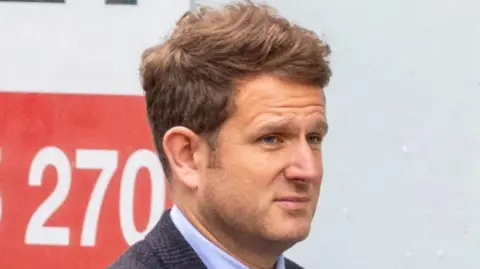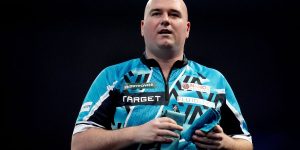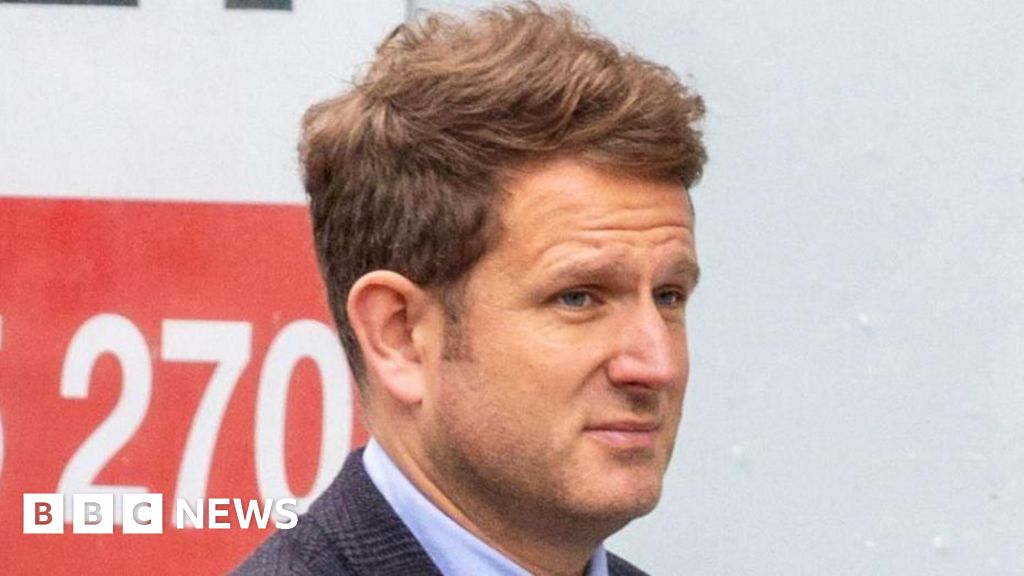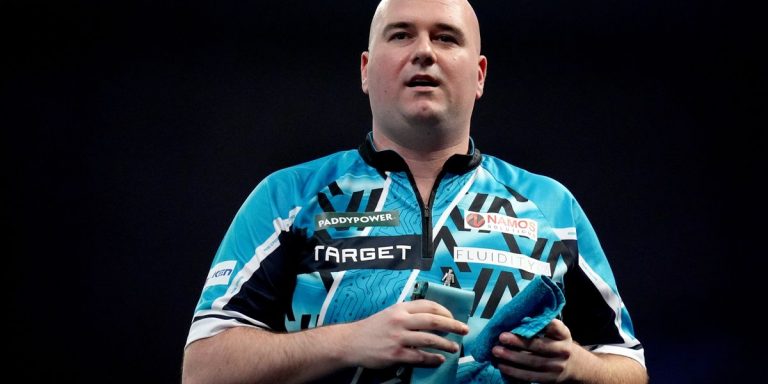 SWNS
SWNSA doctor who was struck off for having sex with multiple women at his GP surgery advised a private therapy patient to buy prescription-only sleeping tablets.
During a consultation, secretly recorded by BBC West, Thomas Plimmer also failed to make clear he was no longer on the medical register.
The General Medical Council (GMC) has since advised Dr Plimmer to make his non-medical status clear on his website.
Mr Plimmer said that under legal advice he is unable to comment due to his ongoing appeal against being struck off. But he denies misleading patients about his registration status.
‘Accomplished liar’
During a Medical Practitioners Tribunal Service hearing, the former GP admitted sending explicit content to colleagues, having sex during working hours and behaving inappropriately around women.
The tribunal made the decision about Mr Plimmer – who worked in Swindon – after several women complained to the GMC and Great Western Hospital NHS Foundation Trust.
Documents from the hearing in 2023 show he faced allegations from several women between May 2018 and February 2021 and was described by the GMC as an “accomplished liar”.
The BBC has now discovered Mr Plimmer is still advertising his services through a company he set up based in his Gloucester home under the name “Mind Body and Emotional Wellness with Dr Matthew”.
The website highlighted his qualifications as a doctor but failed to mention he was no longer working as a medical doctor. Since the BBC brought this to the attention of the GMC, Mr Plimmer has complied with GMC advice for him to make this clear on the site.
In an hour-long consultation costing £80, a BBC West Investigations journalist posed as a patient with insomnia. He advised her to buy melatonin off the internet, despite it being a prescription-only medication in the UK.
He told her: “It certainly is not going to do you harm.”
He offered to look up on the British National Formulary whether she could increase her dose of the drug above the recommended level.
The journalist asked him: “Medically do you think there is anything else I can do aside from the melatonin?”
Mr Plimmer replied: “Other than a short course of sleeping tablets to break the cycle sometimes that can help. Medically melatonin is fine… I will also look at the dose of melatonin and get back to you on that.”
In a subsequent email Mr Plimmer recommended a starting dose of 2mg.
“This can gradually be increased up to 10mg at night if lower doses are not effective,” the email added.
The BBC understands that doses as high as 10mg are only normally recommended in exceptional circumstances.
Face-to-face
In the small print of a consent form for the consultation, Mr Plimmer stated: “My role in the Mind, Body and Emotional Wellness sessions is not that of a registered doctor of medicine.
“I am not acting as a registered doctor in Mind, Body and Emotional Wellness sessions.
“These sessions are not intended to replace advice or care from your healthcare provider. They should not be construed as medical advice or diagnostic and should not be viewed as a substitute for any treatment prescribed or recommended by your healthcare professional.”
But it was not mentioned on his website or during his consultation with the journalist.
During the consultation, Mr Plimmer also offered a face-to face therapy session with the journalist at her home.
The BBC raised concerns from complainants to the GMC that Mr Plimmer’s website did not declare that he was no longer on their register.
The GMC said in a statement that they had provided advice to Dr Plimmer than “information on his website should be made clearer”.
They added: “But the tribunal imposed the ultimate sanction on him when they decided that he should be erased from the register, and once a doctor is no longer on our register we are not able to take further regulatory action.
“If a person has a medical degree, by law there is nothing stopping them calling themselves doctor – as long as they are not undertaking the duties of a licensed medical practitioner or holding themselves out to be a registered and licensed doctor, or engaging in conduct calculated to suggest that they are.”
Mr Plimmer did not address questions raised by the BBC with him about encouraging buying prescription-only medication online, or why he was using the name “Dr Matthew”.




























+ There are no comments
Add yours